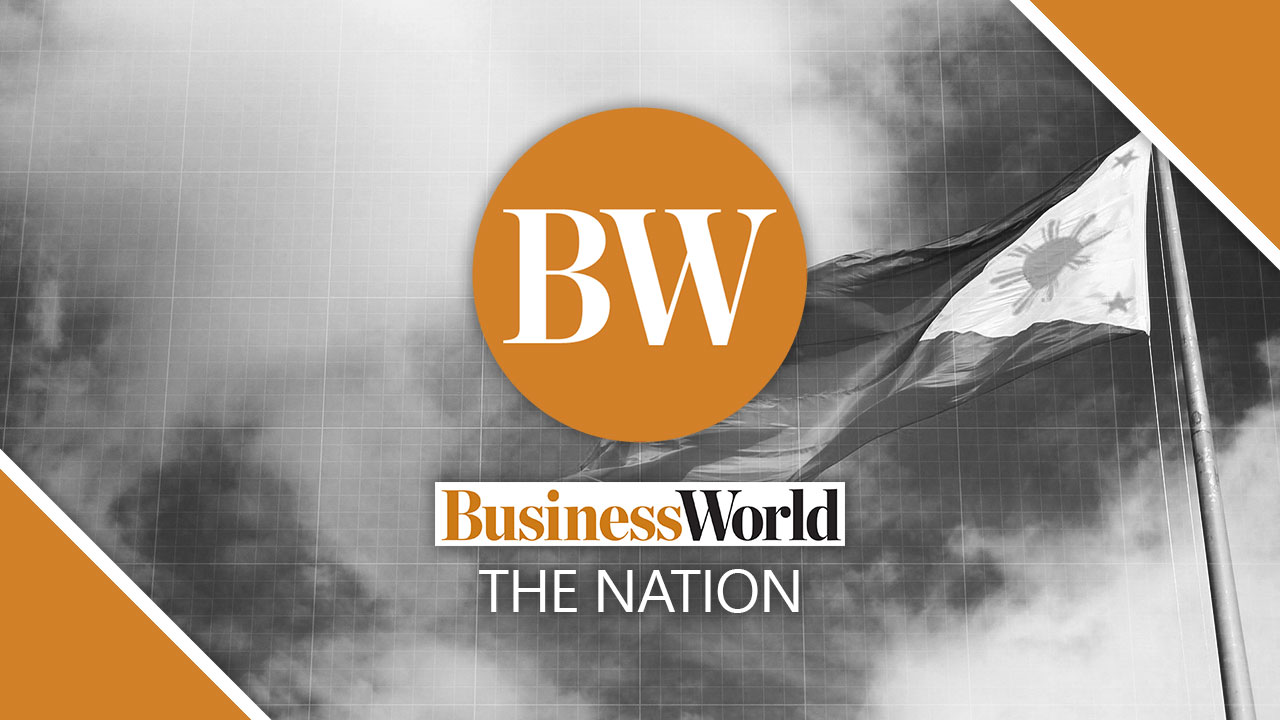
DAVAO CITY — The creation of the Metropolitan Davao Development Authority (MDDA) is gaining ground as its Implementing Rules and Regulation (IRR) is now up for publication in the Official Gazette of the Republic of the Philippines.
Citing information from the National Economic Development Authority (NEDA 11), Presidential Assistant to Eastern Mindanao Secretary Leo Tereso Magno told Businessworld over the weekend that the Metropolitan Davao Development Council (MDDC) convened in October has already approved and adopted the IRR.
The MDDA, the special body created through Republic Act 11708, shall coordinate and promote socio-economic growth and sustainable development of Metropolitan Davao and shall be attached to the Office of the President for policy and program coordination.
It shall have jurisdiction over Davao City; the cities of Panabo, Tagum, and the Island Garden City of Samal (IGaCoS) and the municipality of Carmen in Davao del Norte; Digos City, municipalities of Sta. Cruz, Hagonoy, Padada, Malalag, and Sulop in Davao del Sur; Mati City in Davao Oriental; the municipality of Maco in Davao de Oro; and the municipalities of Malita and Sta. Maria in Davao Occidental.
The scope of the services of MDDA includes development planning for medium and long-term plans, transport management, solid waste disposal and management, flood control and sewerage management, urban renewal, health and sanitation, and public safety.
It can be recalled that on Nov. 10, 2023, Japan International Cooperation Agency (JICA) chief representative Sakamoto Takema and NEDA Secretary Arsenio Balisacan signed a Record of Discussions (R/D) in Davao City in the presence of Vice President Sara Duterte-Carpio and the Ambassador of Japan to the Philippines Koshikawa Kazuhiko, along with various local chief executives and representatives from local government units (LGUs) and Regional Development Council (RDC) members of Metro Davao to officially commence the project.
The JICA and NEDA are eyeing to promote Metropolitan Davao’s comprehensive and sustainable development through a master plan that balances urban development, environment conservation, living standards, and economic growth.
The master plan, which covers the period 2025 to 2045, will allow Metro Davao to identify development priorities such as agri-ecotourism, urban greening, public-private partnership, and infrastructure development, among others.
When implemented, the master plan is expected to benefit around five million people in Metropolitan Davao and indirectly benefit the rest of Mindanao. — Maya M. Padillo



